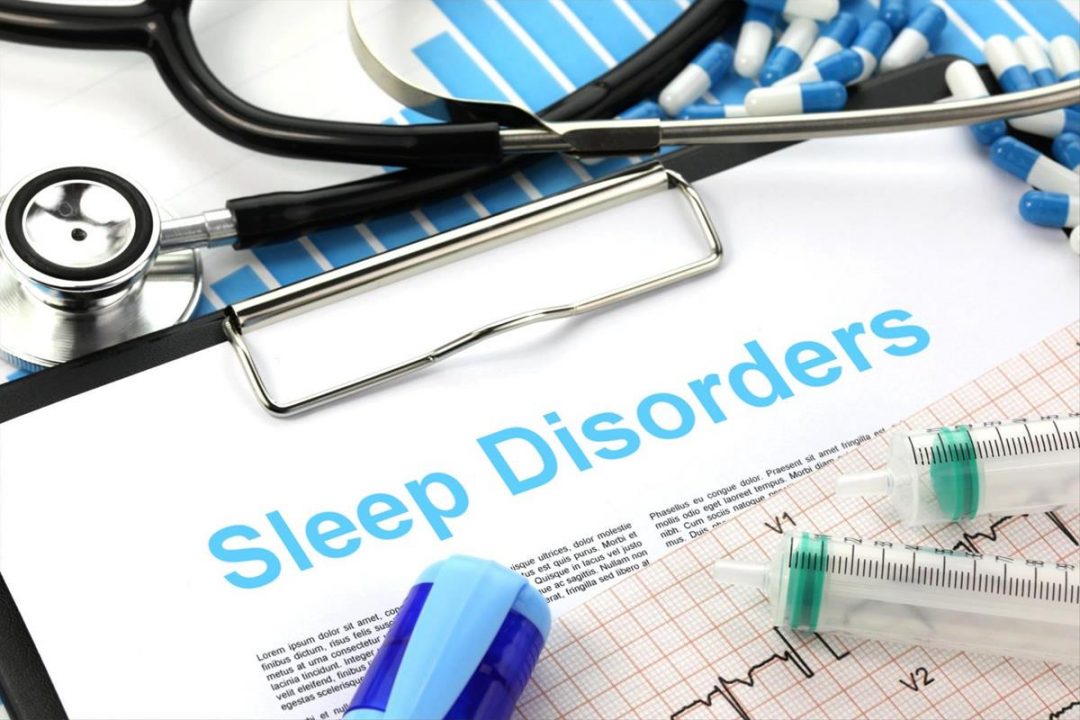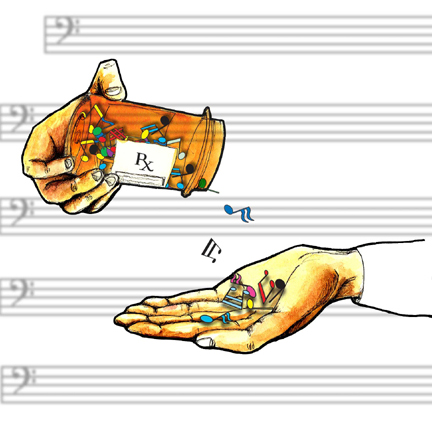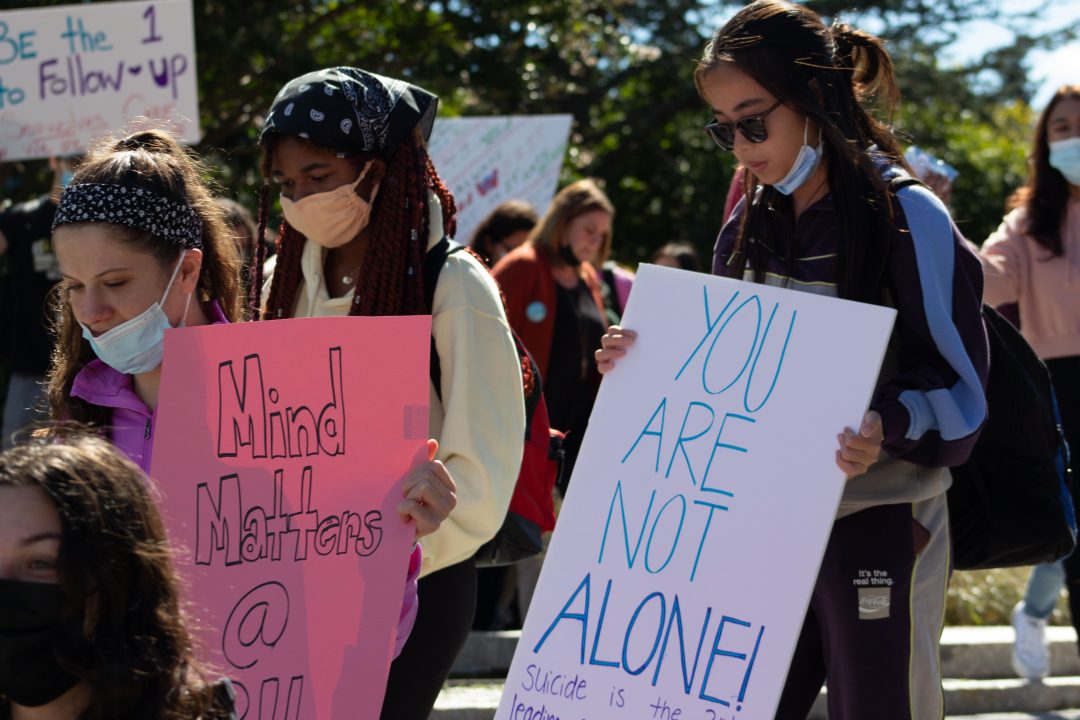
Editor’s Note: The contents of this article discuss sensitive topics like drug abuse, suicide and mental illness that can be triggering for some readers.
Spoilers ahead for: Thirteen Reasons Why and Split (2016)
“Euphoria,” “BoJack Horseman” and “13 Reasons Why.” All these shows have one common theme — mental health issues. Whether it’s through dark humor or the life of a teenager, these shows depict the role mental health issues have in our lives.
The praise these shows receive is valid because they bring a multitude of heavy topics such as suicide, drug addiction and abuse to light. However, we must ask ourselves if these shows are handling each subject regarding mental health properly.
It’s obvious that the media we consume doesn’t always depict the proper portrayal of day-to-day activities. For example, Euphoria is a series that revolves around Rue, the main character who’s recovering from a drug addiction and is diagnosed with BPD, anxiety and OCD. While drug usage is common amongst teenagers, there’s an over-exaggeration depicted in the series.
“Over the past five years, yearly illicit teen drug use (with the exception of marijuana) has decreased 30% for 12th graders,” according to the National Institute on Drug Abuse. Therefore, it’s important to be critical of what we’re watching and avoid taking everything at face value. Even though we’re entering a more accepting era, topics on mental health issues are still seen as taboo and lead to glamorization.
A popular series that falls into this bracket is “13 Reasons Why.” The American teen drama was originally a book written by Jay Asher and was eventually turned into a Netflix adaptation, released in 2017. The series takes place after high school student Hannah Baker commits suicide and leaves a set of tapes for classmate Clay Jensen and a few of other peers who supposedly wronged her.
As it rose to popularity, the show faced multiple controversies and criticism due to how the issues regarding bullying and suicide were handled and depicted throughout the entire series, especially regarding Hannah Baker. Due to the severity of this series, it was statistically proven that it led to more suicides, therefore making the series questionable. According to the National Institute of Mental Health, “The Netflix show “13 Reasons Why” was associated with a 28.9% increase in suicide rates among U.S. youth ages 10-17 in the month (April 2017) following the show’s release.”
Baker’s suicide eventually loses its importance and she is painted as someone who committed suicide as a form of revenge and left the tapes behind to guilt-trip her peers. To make matters worse, there are no solutions made to even combat the poor mental health issues that are in the lives of other students. We always see what we shouldn’t do, but never see what we should do to understand what leads people to commit suicide.
Possible solutions to preventing suicides can be, speaking up to a trusted family or friend about this concern and if the person who is going to harm themselves is in immediate danger, ask them their plan, how they mean to carry it out, the time frame and their intentions.
The show treats depression and suicide as petty high school teenage drama when, in reality, these are heavy topics that need to be addressed properly because of their complexities.
For a show that has a high viewer demographic of teenagers, they must portray these issues properly, so that teenagers feel heard, understood and are aware that they can receive help.
Instead, the series takes these serious topics and waters them down to nothing more than plain drama without even addressing any form of realism in the series. Depression, suicidal thoughts and even panic attacks need to be handled better because the reality is harsher than depicted.
However, it’s not just television series that can ruin views around mental health. Movies also have a hand in this, and a good example is “Split,” which was released in 2016 and was created and directed by M. Night Shyamalan. James McAvoy does a stunning performance in his role, however, it’s important to note whether this movie is portraying dissociative identity disorder (DID) properly.
DID is a multiple personality disorder, in which people shift from multiple personalities as a trauma defense and may experience memory gaps, and voices trying to possess them. According to psychologist Bethany L. Brand, “People with DID are not at high risk for being violent to others. They are much more likely to be victimized than they are to harm others. Yet Split portrays them as terrifying monsters that pose a threat to their communities.”
“A large percentage of people with DID have made potentially lethal attempts to kill themselves,” Barach from Healthline.com added. “The last part of treatment involves helping the ‘alters’ [parts of the self that experience themselves as separate people] to function in a more integrated and consistent way.”
The movie demonizes people with DID and portrays them as a danger to society. This only feeds into the idea that people with mental health issues are not only violent but incapable of being a part of society because they have no self-control.
Making a movie that perpetuates this idea adds harm to the situation, especially when people are hoping for representation. However, if that movie is only demonizing them, then that’s not proper representation at all.
For mental health to be characterized accurately, an extensive amount of research needs to be done. Show and movie creators need to be more open-minded and understand that mental health issues affect everyone differently. Realistically, not everyone experiences the same issues and we must see a variety of characterizations when addressing serious topics.
If you feel as if you are on the verge of committing suicide, do not hesitate to seek help and support options for yourself. Visit https://save.org/about-suicide/preventing-suicide/ or https://www.mentalhelp.net/depression/hotline/ to talk to a mental health professional about potential resources and information.
























